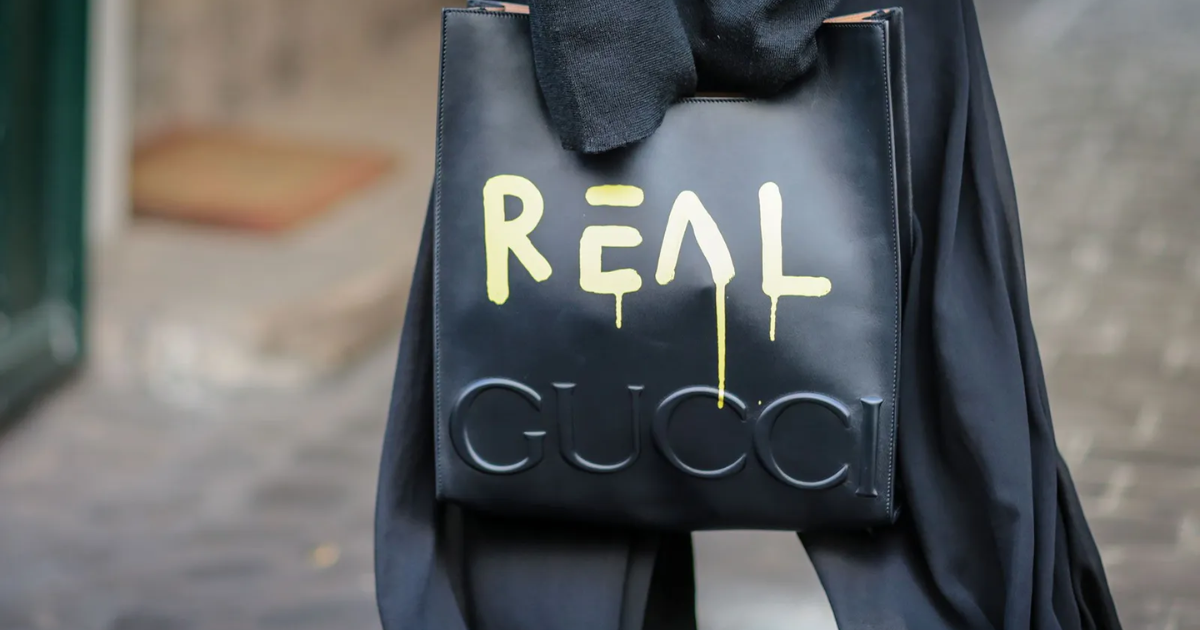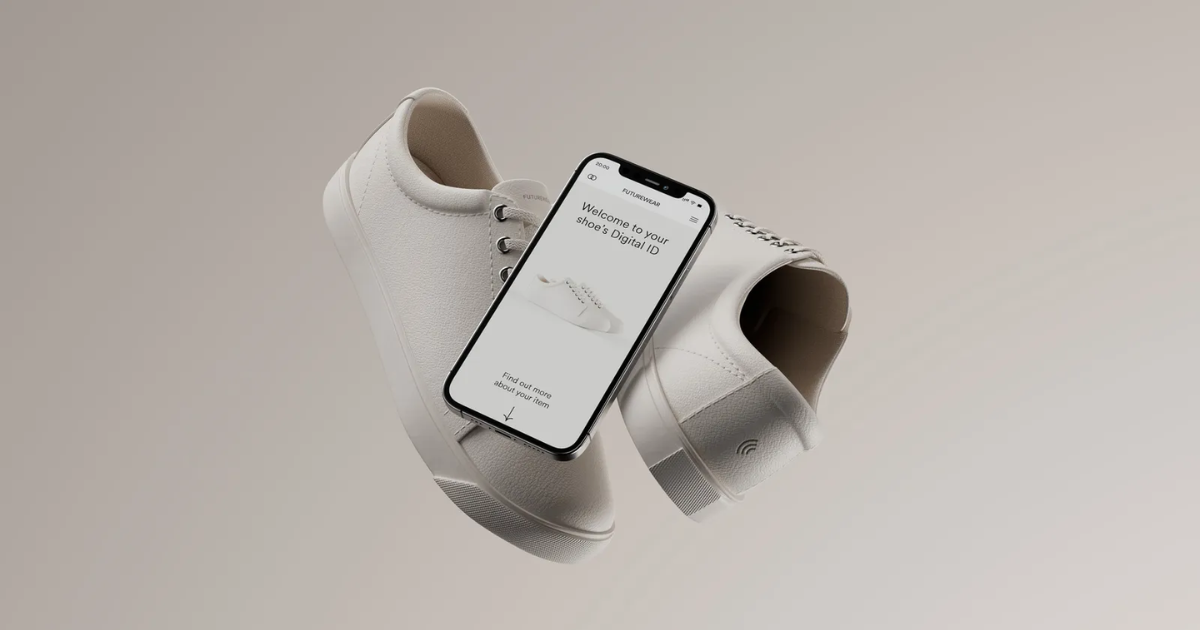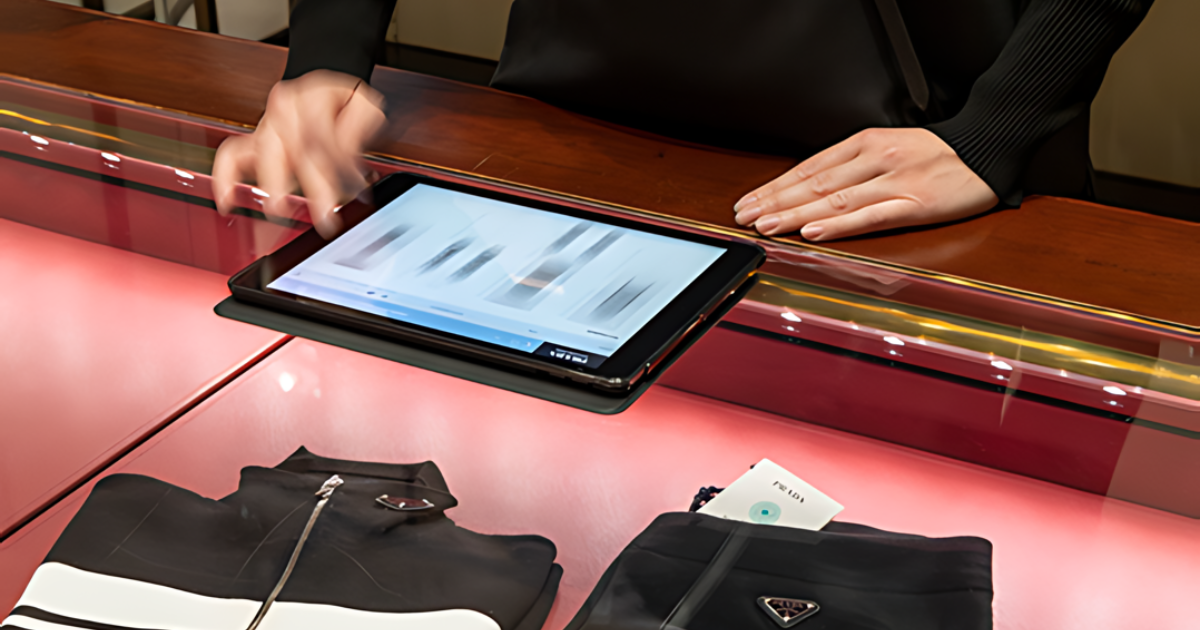Why AI and Blockchain Will Decide the Future of Luxury
The convergence of AI and blockchain is transforming the luxury sector, driving radical innovation in transparency, sustainability, and personalised customer experiences.
Over the last two decades, counterfeits in the luxury industry have surged by 10,000%, now accounting for up to $4.5 trillion annually.
The impact on luxury brands goes beyond financial losses—52% of consumers lost trust in a brand after unknowingly purchasing a fake product online, even when the brand had no control over the platform or sales process. The sheer scale of counterfeit goods flooding the market is eroding the very essence of what luxury stands for—exclusivity, authenticity, and craftsmanship. Yet, the industry has mostly been reactive, chasing down counterfeiters only after damage is done. The solution lies in radical transparency, which is where Digital Product Passports (DPPs) come in. DPPs offer more than just a technical fix—they present luxury brands with a way to reclaim their legacy in a market where counterfeits are increasingly overtaking genuine products.

With the enforcement of the European Commission’s Ecodesign for Sustainable Products Regulation (ESPR), Digital Product Passports (DPPs) are set to become essential. Luxury brands will need to meet rigorous standards of circularity and transparency. As Romain Carrere, CEO of Aura Blockchain Consortium, explains, “A DPP allows customers to authenticate, claim, and transfer ownership, while brands can enhance storytelling and ensure compliance.” For brands that have long championed heritage and craftsmanship, DPPs will offer an immutable and transparent source of truth, covering everything from product origins to sustainability claims. Failing to adopt these early could damage both brand reputation and consumer trust.
Millennials and Gen Z—who will account for 70% of the luxury market by 2025 and drive 130% of its growth—demand nothing less than full transparency and sustainability.
So What is a Digital Product Passport (DPP)?
A Digital Product Passport is a digital identity linked to a luxury product, tracking and storing critical information about the item throughout its lifecycle. It records details such as the product’s origin, materials used, the manufacturing process, and ownership history, ensuring full transparency and authenticity for both brands and consumers.
Take the example of purchasing a luxury handbag from a brand like Prada; here’s how the DPP works:
- The DPP stores essential information about where the materials, like leather or textiles, were sourced, processed, and crafted. This ensures the buyer knows exactly where the product comes from, confirming the materials were ethically and sustainably sourced.
- The DPP is embedded with an NFC chip or QR code, allowing the buyer to authenticate the product instantly. This verifies the authenticity and prevents fraud in the secondary market.
- Once purchased, the DPP updates to record the official owner. This proof of ownership is crucial for resale or passing the product down. If resold, the DPP ensures the new buyer can securely transfer ownership, reducing fraud risks in the resale market.
- Over time, the DPP tracks maintenance such as repairs. It also provides information on recycling or responsibly disposing of the product at the end of its lifecycle.

Unlocking New Luxury Experiences with Blockchain
DPPs are more than tools for compliance—they enable innovation. By combining blockchain technology with luxury goods, brands can create new opportunities for customer engagement and loyalty. The ability to digitally authenticate products, trace their lifecycle, and tell rich stories has redefined what it means to own luxury. According to Lorenzo Bertelli of Prada Group, “Tagging a product and enabling digital storytelling is an amazing conversation starter in our boutiques, increasing conversion rates and direct engagement.”

DPPs allow luxury to transcend its static image. Customers can access services like e-warranties, product repair histories, and even exclusive experiences such as invitations to private events. This integration of the physical and digital worlds is the future of luxury.
Circularity is no longer just a buzzword. It’s a business imperative. Today’s consumers—Millennials and Gen Z—demand sustainability, transparency, and traceability. With only 1% of clothing recycled today, the need for circular business models is immense. Luxury brands now have an unprecedented opportunity to close the loop with DPPs. By ensuring products can be repaired, resold, or recycled, brands can extend the lifecycle of their products, reduce reliance on virgin materials, and create new opportunities in the secondary market. As Cyrille Vigneron, CEO of Cartier, says, “In a world where the demand for transparency has become paramount, DPPs ensure that our customers’ choices align with their values.”
The luxury industry is at a pivotal moment, balancing heritage with innovation. DPPs are more than just regulatory requirements—they are strategic tools for transforming the industry. By adopting DPPs, brands can not only meet new regulatory standards but also unlock new customer experiences, protect their products from counterfeit, and become leaders in sustainability.
Blockchain-based digital assets are projected to account for 10% of the luxury goods industry by 2030, representing a $56 billion opportunity.
As Aura Blockchain Consortium champions DPPs as the industry standard, the message is clear: the future of luxury belongs to those who innovate. Brands that embrace DPPs now will be best positioned to build lasting customer relationships in an evolving market. The question is no longer whether luxury brands will adopt DPPs, but how fast they will move towards a new era of transparency, authenticity, and circularity.
The Aura Blockchain Consortium is a non-profit association founded by luxury leaders LVMH, OTB, Prada Group, and Richemont, committed to advancing transparency, trust, and sustainability within the luxury industry through blockchain technology. By making these innovative solutions accessible to all luxury brands, Aura Blockchain Consortium aims to enhance the customer experience across the entire product lifecycle, from purchasing to recycling. Their latest report, in collaboration with Deloitte, can be found here.
Continue Reading
Mastering ChatGPT & Prompt Engineering
Redefining the Luxury Consumer Experience

